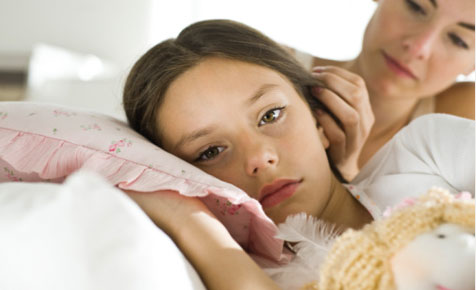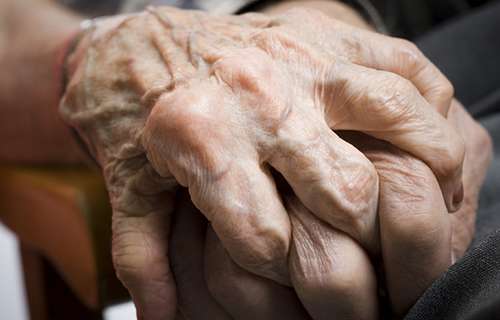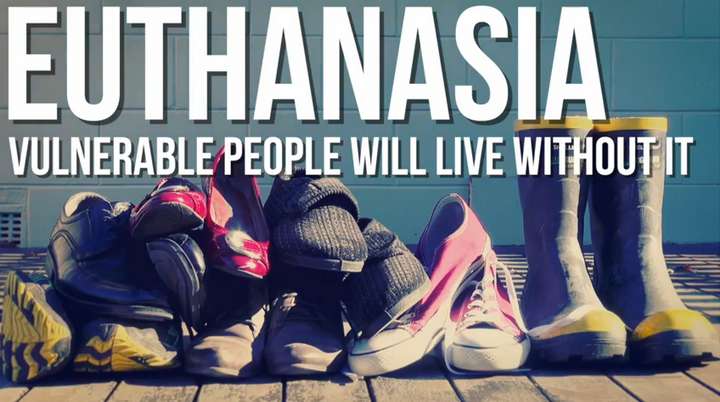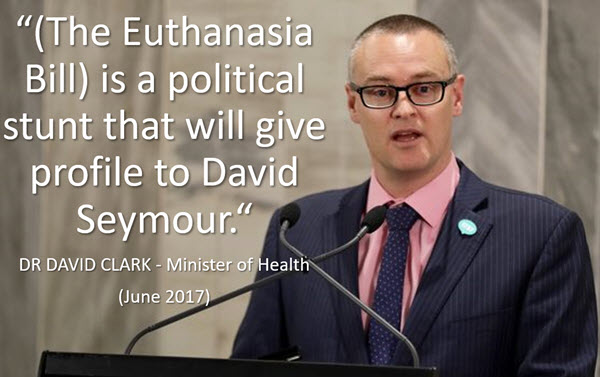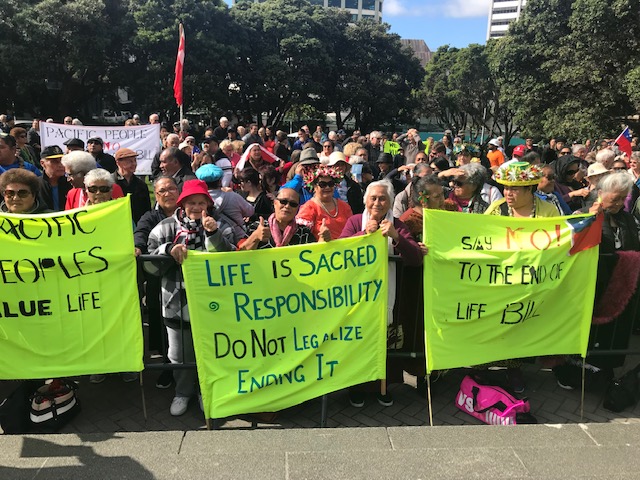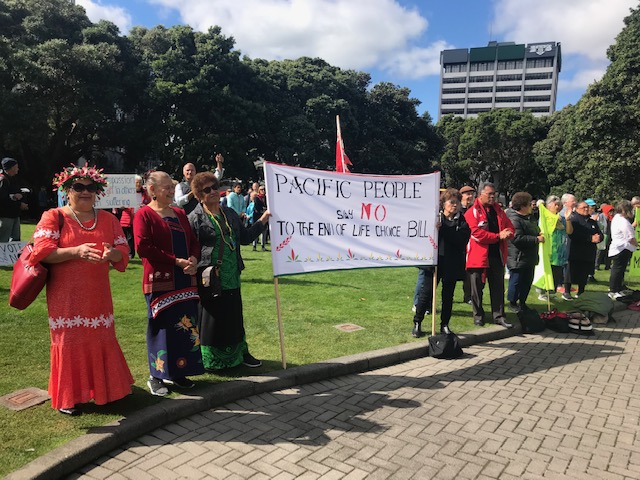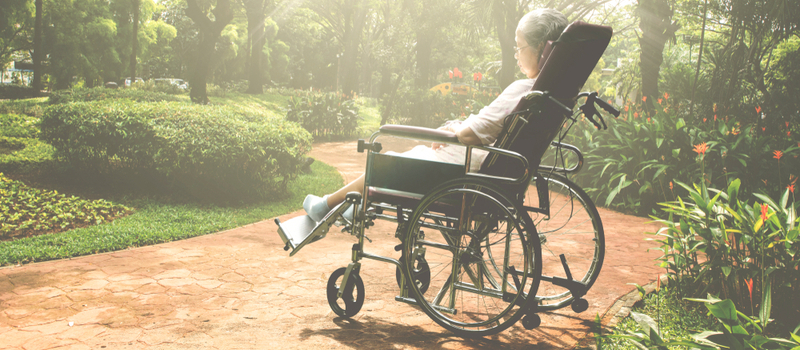
Stuff co.nz 25 April 2019
Family First Comment: “I had been told ‘if I was in your position, with your disability, I wouldn’t want to live’ by the very health professionals who are there to help suicide survivors. No one ever asked about my toxic mindset and frantic way of living.”
protect.org.nz
#rejectassistedsuicide
OPINION: For most of my life I’ve been pro assisted suicide. It was about choice, dignity, and compassion. I think that’s why most New Zealanders are in favour of the End of Life Choice Bill.
I’d consider myself more liberal than conservative, a girl who grew up in a secular family. Growing up, I didn’t really understand the implications of having a ‘choice’.
That all changed when I turned 17 and was in a car crash where a family member fell asleep while driving. As a result, I became a tetraplegic, requiring a wheelchair for mobility, with impaired arm movement.
I attempted suicide a few times in the years following the crash. Each time, I’d end up in a coma in hospital. In 2015, health professionals encouraged me to explore assisted suicide. I signed up to a Swiss assisted suicide group and felt all my suffering and pain would soon be over.
Before I was to leave for Switzerland, I had another operation on my broken neck. The operation was a disaster, leaving me more paralysed. I had to give up my career, I lost financial security, became more dependant and was in more pain than ever.
I spent months in bed reflecting on my life. I had managed to complete my degree, a Master’s and had even worked full time. In hindsight, I realised my biggest problem had been my mindset and a lack of proper support. Prior to the botched neck surgery, to cope with grief, I would take on more work, even volunteering at Youthline as a counsellor.
READ MORE: https://www.stuff.co.nz/national/health/112052994/as-a-tetraplegic-i-once-supported-assisted-suicide–but-i-was-wrong

